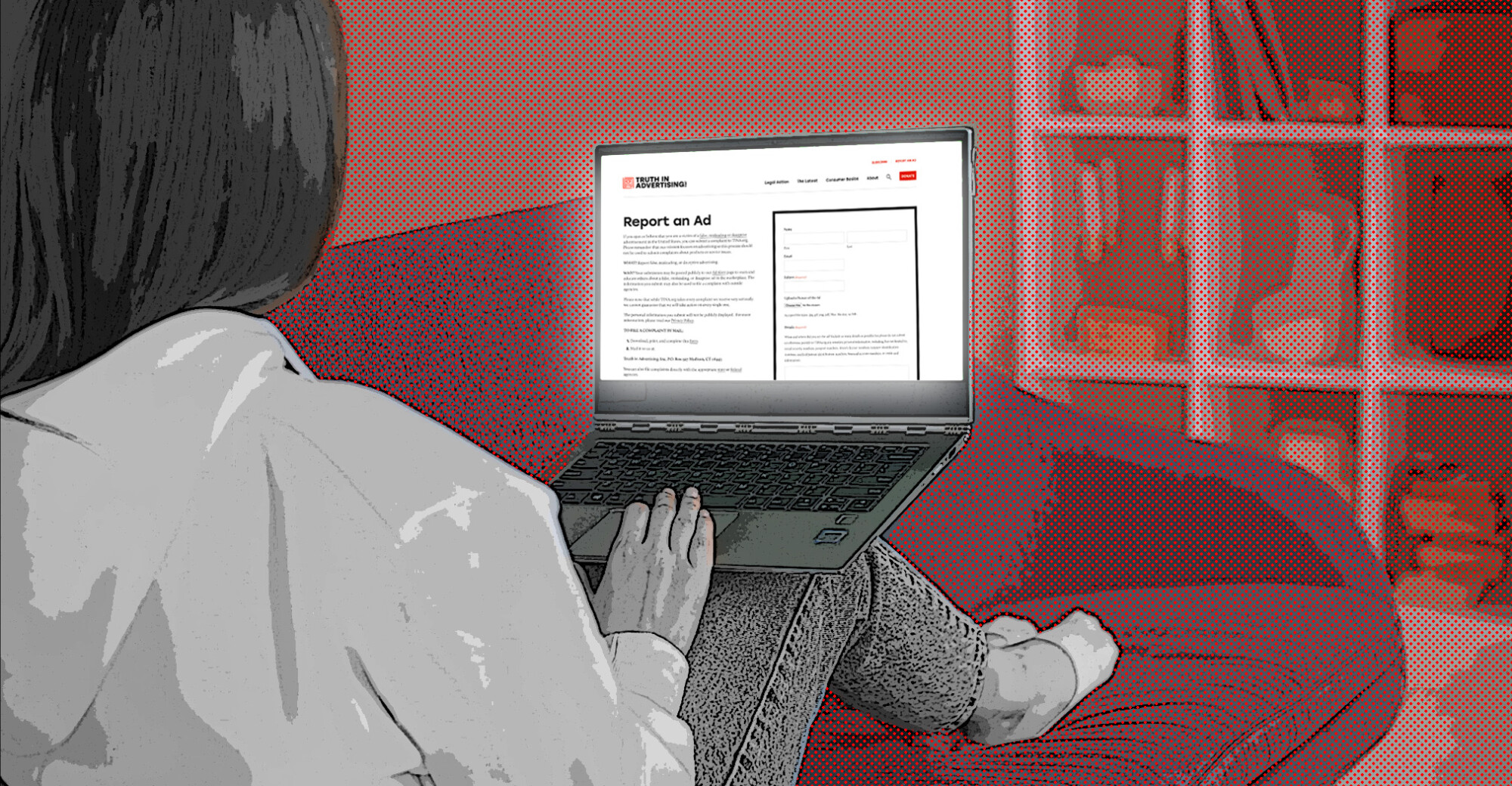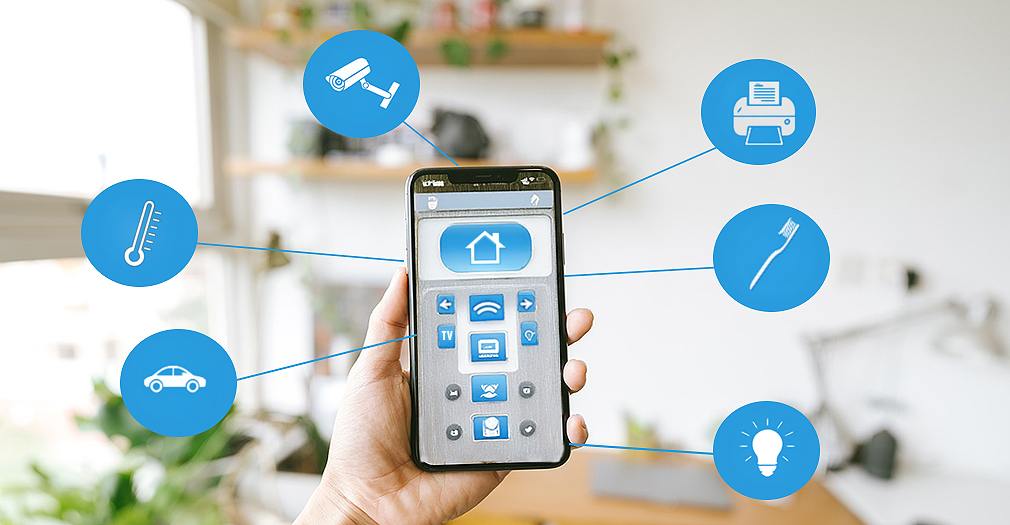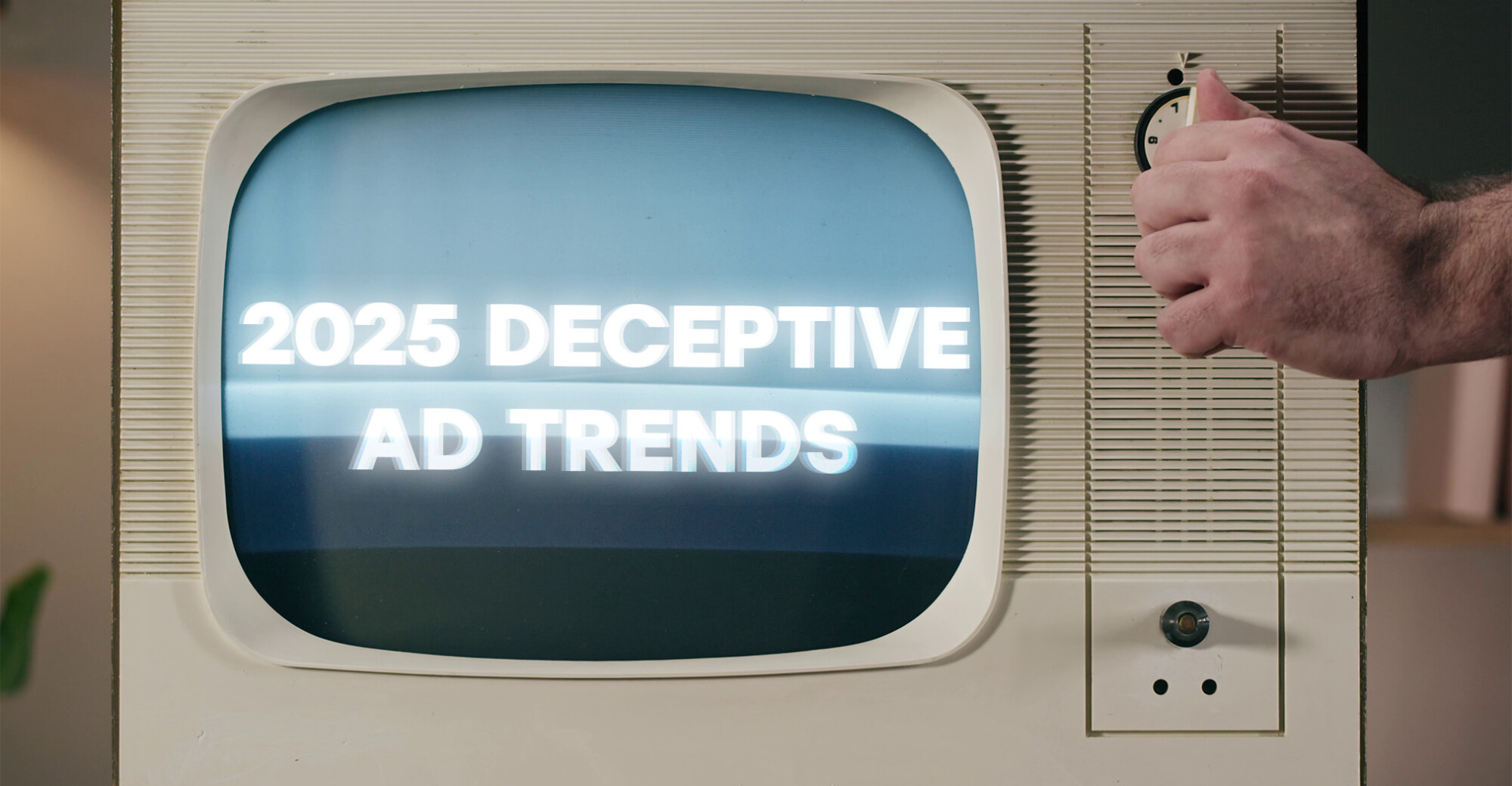
NCPW 2025: Fighting against Deceptive Marketing
If you’ve been misled by an ad, regulators want to hear from you. We do too.
What consumers should know about software tethering.
With the leaves piling up in your backyard, you may be thinking about purchasing a rake. One of the good things about buying a rake is that you generally don’t have to wonder how long it will last. There’s also no question about who owns it – you do (and congratulations on your new rake!).
Purchasing a smart device, however, is different. That’s because it’s not just the hardware that’s involved. In addition to the actual device (the hardware), there are computer programs that tell the device what to do and keep it operational (the software). And it’s the manufacturer, not the consumer, who controls the software.
What this means is that features that were available – and advertised – at the time of purchase can later be removed or locked behind a paid subscription at the whim of the manufacturer. Worse, the manufacturer can use software to “brick” a connected device (i.e., make it obsolete.)
These are examples of software tethering – the use of software to control how a connected device functions after a consumer has purchased it. And it can lead to some unwelcome surprises for consumers. Let’s take a look at some examples.
Some of the marketing materials that touted these features appear below.
In September, a coalition of consumer groups, including Consumer Reports, the U.S. Public Interest Research Group and the Electronic Frontier Foundation, sent a letter to the FTC urging the agency to create and issue “clear guidance” to “help alleviate the worst outcomes of software tethering.”
“Consumers increasingly face a death by a thousand cuts as connected products they purchase lose their software support or advertised features that may have prompted the original purchase,” the groups wrote. “They may see the device turned into a brick or their favorite features locked behind a subscription.”
The groups warned that “a lack of clarity and enforcement” around software tethering “has led to an ecosystem where consumers cannot reliably count on the connected products they buy to last.” And in most cases, there are no refunds.
In some cases the decision to end support for a product is done well with advance notice, refunds, and a plan to recycle the non-working hardware. But in most cases, consumers end up with a hunk of e-waste that could still function with the right software, and a sense of disappointment.
The letter suggested a number of recommendations for FTC guidance that could address software tethering, including requiring that smart device marketers disclose a “guaranteed minimum support time” on product packaging representing the minimum amount of time consumers can rely on the device to keep working; and requiring that companies ensure that the “core functionality” of a product works even if the internet connection fails or software updates stop.
TINA.org supports these efforts because as a general rule products should do what they’re marketed to do – for as long as a consumer owns them.
Find more of our coverage on smart devices here.
If you’ve been misled by an ad, regulators want to hear from you. We do too.
A closer look at what we’ll be monitoring in the new year.
Several of this year’s Super Bowl advertisers have run into legal trouble for alleged deceptive marketing.


